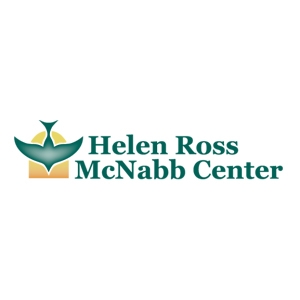Knoxville, Tennessee, offers a range of supportive housing options to assist individuals and families in need. These include permanent supportive housing, transitional housing, low-income or affordable housing, and elderly housing. Various nonprofit organizations, state, and federal programs are available to provide financial assistance and supportive services, creating a safety net for the most vulnerable residents of Knoxville.
Permanent supportive housing is designed to provide housing and supportive services on a long-term basis for individuals and families who are homeless and have disabilities or other special needs. These services may include mental health support, substance abuse counseling, and daily living skills training. In Knoxville, this type of housing is offered by organizations like Volunteer Ministry Center and the Tennessee Valley Coalition for the Homeless. Federal funding for permanent supportive housing is often provided through the Department of Housing and Urban Development (HUD).
Transitional housing serves individuals and families who are transitioning from homelessness to self-sufficiency within 24 months. Examples in Knoxville include housing programs offered by Knox Area Rescue Ministries and YMCA. These provide a safe, temporary residence while individuals work on overcoming obstacles to independent living. Residents often engage in programming aimed at employment readiness, financial stability, and overall life adjustment. Funding for these programs can come from HUD, local government grants, and charitable donations.
Affordable housing is another crucial component in the spectrum of supportive housing options in Knoxville. The Knoxville Community Development Corporation (KCDC) is the public housing authority in Knoxville. It offers low-income public housing options through the Section 8 Housing Choice Voucher Program, funded by HUD. Additionally, to assist low-income families in transitioning to home ownership, the KCDC also participates in the Family Self-Sufficiency Program.
Knoxville also provides specific housing options for seniors, especially those on low incomes. Often these facilities provide additional services like meals, social activities, and health care. Senior housing is supported by programs like the Section 202 Supportive Housing for the Elderly Program. This HUD-sponsored program provides capital advances to private, non-profit sponsors to finance the development of housing for elderly residents.
At the state level, the Tennessee Housing Development Agency (THDA) is a vital resource for individuals seeking help with housing. THDA offers several programs, such as the Low-Income Housing Tax Credit (LIHTC) program, which provides tax credits to developers of affordable rental housing, and the Housing Choice Voucher (Section 8) program, which assists low-income renters with their housing costs.
Beyond government subsidies, several non-profit and faith-based organizations play significant roles in providing supportive housing in Knoxville. Organizations like the Salvation Army and Catholic Charities of East Tennessee offer various programs ranging from emergency shelter services to housing assistance programs. These community-focused organizations often operate through a combination of donations, grants, and volunteer work to support those who need a helping hand in securing decent, affordable housing.
In conclusion, Knoxville, Tennessee, provides a variety of supportive housing options with backing from state and federal funding. From permanent and transitional housing to affordable and elderly housing, Knoxville continues to make strides in ensuring its residents have access to the shelter they need to function, flourish, and transition successfully to a more stable living environment.

